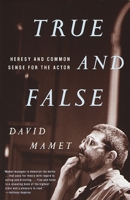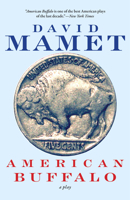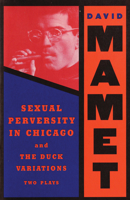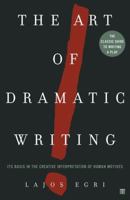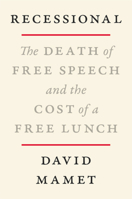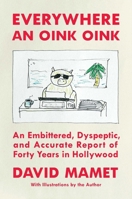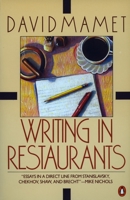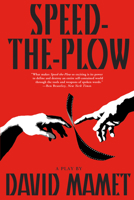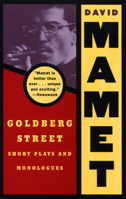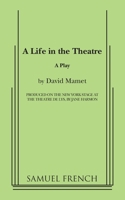The Old Neighborhood: A Play
Select Format
Select Condition 
You Might Also Enjoy
Book Overview
In The Old Neighborhood David Mamet confirms his stature as a master of the American stage, a writer who can turn the most innocuous phrase into a lit fuse and a family reunion into a perfectly orchestrated firestorm of sympathy, yearning, and blistering authentic rage. In these three short plays, a middle-aged Bobby Gould returns to the old-neighborhood in a series of encounters with his past that, however briefly, open windows on his present. In "The Disappearance of the Jews," Bobby and an old buddy fantasize about finding themselves in a nostalgic shtetl paradise while revealing how lost they are in their own families. In the comfort of her kitchen, Bobby's sister "Jolly" unscrolls a list of childhood grievances that is at nice painful and hilarious. And the old girlfriend in "Deeny," faced with a man she once loved, finds herself obsessively free-associating on gardening, sex, and subatomic particles. Swerving from comedy to terror, from tenderness to anguish--with a swiftness that unsettles even as it strikes home--The Old Neighborhood is classic Mamet. This description may be from another edition of this product.
Format:Paperback
Language:English
ISBN:0691096066
ISBN13:9780691096063
Release Date:April 2002
Publisher:Princeton University Press
Length:224 Pages
Weight:0.65 lbs.
Dimensions:0.5" x 5.7" x 8.5"
More by David Mamet
Customer Reviews
1 customer rating | 1 review
Rated 5 starsIt's actually a masterpiece...
By Thriftbooks.com User,
but nobody's read it. As far as I can tell, Mamet's biggest problem in holding onto the audience his Pulitzer Prize won him comes from an increasingly underappreciated quality in writers today: his admirable level of restraint. He may have won the people over with his dirty poetry but he's hung onto the faithful with nimbler, subtler writing. It's not that his recent work isn't at the level of his earlier work; I think...
0Report














